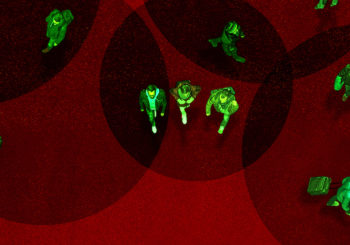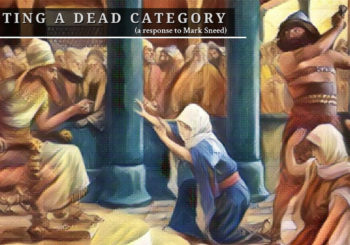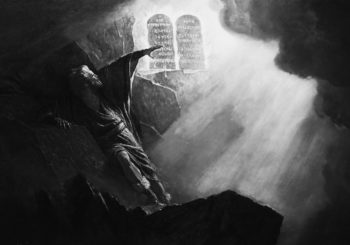Second-Order Thinking in the Hebrew Bible
Abstract
Following 19th-century distinctions between Hellenism and Hebraism, many popular 20th-century histories of Western philosophy assigned the intellectual world of the Hebrew Bible to a twilight zone between late mythological and early philosophical ways of thinking. Partly in response to this, research in Semitic languages during that time began to include comparative-linguistic arguments hoping to demonstrate radical structural incommensurability between Hebrew and Greek ways of thinking. In the latest trend in the associated research, a multidisciplinary dialogue has been initiated on the subject of ” second-order thinking ” within the ancient Near East ” before ” or ” outside ” Greek philosophy. In this article, the author aims to contribute to the ongoing discussion by suggesting that Biblical Hebrew as religious language already presupposes an intricate variety of transposed second-order thinking.
Jaco Gericke, “‘My Thoughts Are (Not) Your Thoughts.‘ Transposed Second-Order Thinking in the Hebrew Bible,” Journal for Semitics 27, no. 1 (2018).
Dr. Gericke is Associate Research Professor of Theology and Philosophy at North-West University, South Africa. He is the author of What is a God?: Philosophical Perspectives on Divine Essence in the Hebrew Bible (Bloomsbury) and The Hebrew Bible and Philosophy of Religion (SBL Press).
Did you enjoy this article? Read more scholarship from the CHT.




